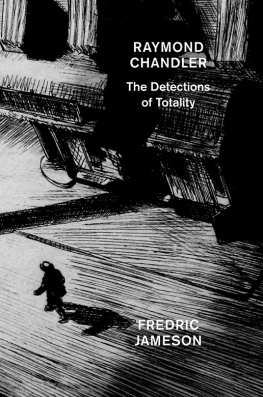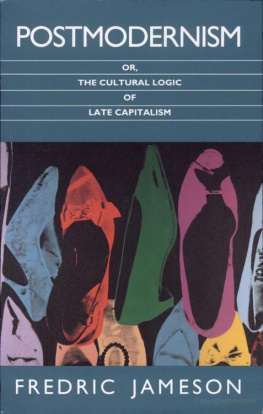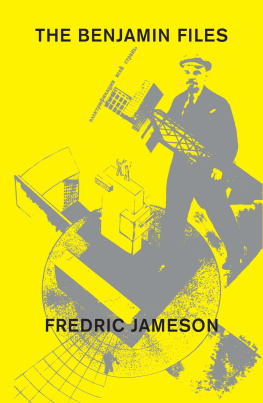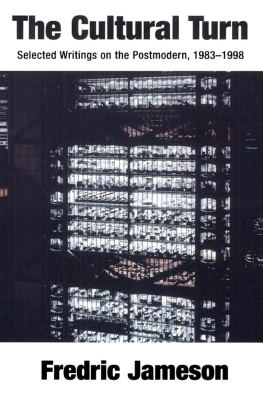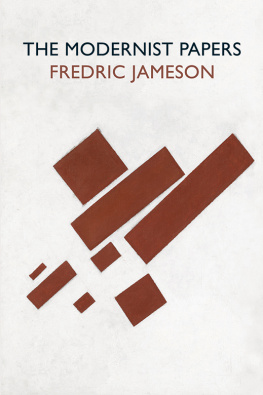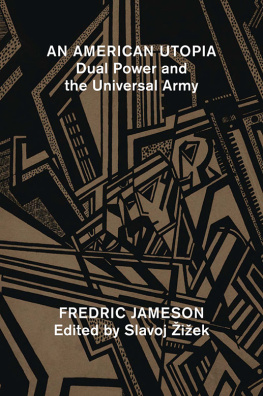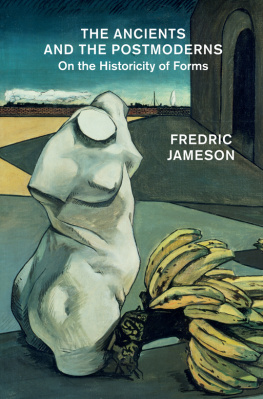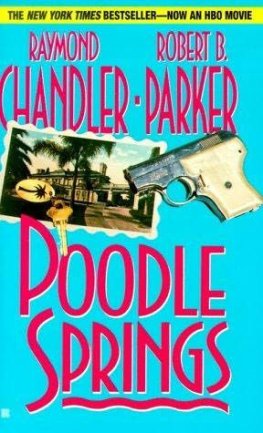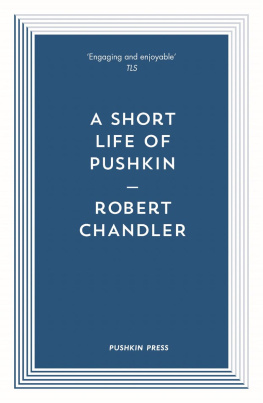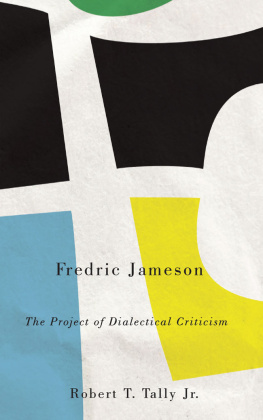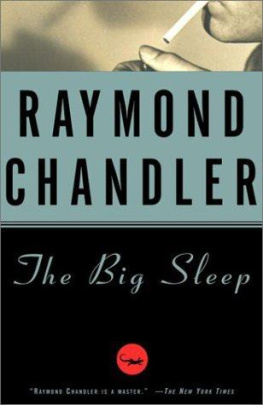RAYMOND CHANDLER

The Detections of Totality
FREDRIC JAMESON

First published by Verso 2016
Fredric Jameson 2016
All rights reserved
The moral rights of the author have been asserted
1 3 5 7 9 10 8 6 4 2
Verso
UK: 6 Meard Street, London W1F 0EG
US: 20 Jay Street, Suite 1010, Brooklyn, NY 11201
versobooks.com
Verso is the imprint of New Left Books
ISBN-13: 978-1-78478-216-0
ISBN-13: 978-1-78478-215-3 (US EBK)
ISBN-13: 978-1-78478-217-7 (UK EBK)
British Library Cataloguing in Publication Data
A catalogue record for this book is available from the British Library
Library of Congress Cataloging-in-Publication Data
Jameson, Fredric.
Raymond Chandler : the detections of totality /
Fredric Jameson.
pages cm
ISBN 978-1-78478-216-0 (hardback)
1. Chandler, Raymond, 18881959Criticism and
interpretation. I. Title.
PS3505.H3224Z676 2016
813.52dc23
2015029738
Typeset in Adobe Garamond Pro by MJ&N Gavan, Truro, Cornwall
Printed in the US by Maple Press
In memory of George Herring
Contents
I
A long time ago when I was writing for the pulps I put into a story a line like He got out of the car and walked across the sun-drenched sidewalk until the shadow of the awning over the entrance fell across his face like the touch of cool water. They took it out when they published the story. Their readers didnt appreciate this sort of thingjust held up the action. I set out to prove them wrong. My theory was that the readers just thought they cared about nothing but the action; that really, although they didnt know it, the thing they cared about, and that I cared about, was the creation of emotion through dialogue and description.
That the detective story represented something more to Raymond Chandler than a mere commercial product, furnished for popular entertainment purposes, can be judged from the fact that he came to it late in life, with a long and successful business career behind him. He published his first and best novel, The Big Sleep, in 1939, when he was fifty years old, and had studied the form for almost a decade. The short stories he had written over that period are for the most part sketches for the novels, episodes that he will later take over verbatim as chapters in the longer form: and he developed his technique by imitating and reworking models produced by other detective story writers: a deliberate, self-conscious apprenticeship at a time of life when most writers have already found themselves.
Two aspects of his earlier experience seem to account for the personal tone of his books. As an executive of the oil industry, he lived in Los Angeles for some fifteen years before the depression put him out of business, enough time to sense what was unique about the citys atmosphere, and in a position to see what power was and what forms it took. And, though a born American, he spent his school years, from the age of eight, in England, and had an English public school education.
For Chandler thought of himself primarily as a stylist, and it was his distance from the American language that gave him the chance to use it as he did. In that respect his situation was not unlike that of Nabokov: the writer of an adopted language is already a kind of stylist by force of circumstance. Language can never again be unselfconscious for him; words can never again be unproblematical. The naive and unreflective attitude towards literary expression is henceforth proscribed, and he feels in his language a kind of material density and resistance: even those clichs and commonplaces which for the native speaker are not really words at all, but instant communication, take on outlandish resonance in his mouth, are used between quotation marks, as you would delicately expose some interesting specimen: his sentences are collages of heterogeneous materials, of odd linguistic scraps, figures of speech, colloquialisms, place names and local sayings, all laboriously pasted together in an illusion of continuous discourse. In this, the lived situation of the writer of a borrowed language is already emblematic of the situation of the modern writer in general, in that words have become objects for him. The detective story, as a form without ideological content, without any overt political or social or philosophical point, permits such pure stylistic experimentation.
But it offers other advantages as well, and it is no accident that the chief practitioners of art-for-arts sake in the late modern novel, Nabokov and Robbe-Grillet, almost always organize their works around a murder: think of Le Voyeur and La Maison de Rendezvous; think of Lolita and Pale Fire. These writers and their artistic contemporaries represent a kind of second wave of the modernist and formalistic impulse which produced the great modernism of the first two decades of the twentieth century. But in the earlier works, modernism was a reaction against narration, against plot: here the empty, decorative event of the murder serves as a way of organizing essentially plotless material into an illusion of movement, into the formally satisfying arabesques of a puzzle unfolding. Yet the real content of these books is an almost scenic one: the motels and college towns of the American landscape in Lolita, the island of Le Voyeur, the drab provincial cities of Les Gommes or of Dans le labyrinthe.
In much the same way, a case can be made for Chandler as a painter of American life: not as a builder of those large-scale models of the American experience which great literature offers, but rather in fragmentary pictures of setting and place, fragmentary perceptions which are by some formal paradox somehow inaccessible to serious literature.
Take for example some perfectly insignificant daily experience, such as the chance encounter of two people in the lobby of an apartment building. I find my neighbor unlocking his mailbox; I have never seen him before, we glance at each other briefly, his back is turned as he struggles with the larger magazines inside. Such an instant expresses in its fragmentary quality a profound truth about American life, in its perception of the stained carpets, the sand-filled spittoons, the poorly shutting glass doors, all testifying to the shabby anonymity of a meeting place between the luxurious private lives that stand side by side like closed monads behind the doors of the private apartments: a dreariness of waiting rooms and public bus stations, of the neglected places of collective living that fill up the interstices between the privileged compartments of middle-class living. Such a perception, it seems to me, is in its very structure dependent on chance and anonymity, on the vague glance in passing, as from the window of a bus, when the mind is intent on some more immediate preoccupation: its very essence is to be inessential. For this reason it eludes the registering apparatus of great literature: make of it some Joycean epiphany and the reader is obliged to take this moment as the center of his world, as something directly infused with symbolic meaning; and at once the most fragile and precious quality of the perception is irrevocably damaged, its slightness is lost, it can no longer be half-glimpsed, half-disregardedthe meaningless is arbitrarily given meaning.

